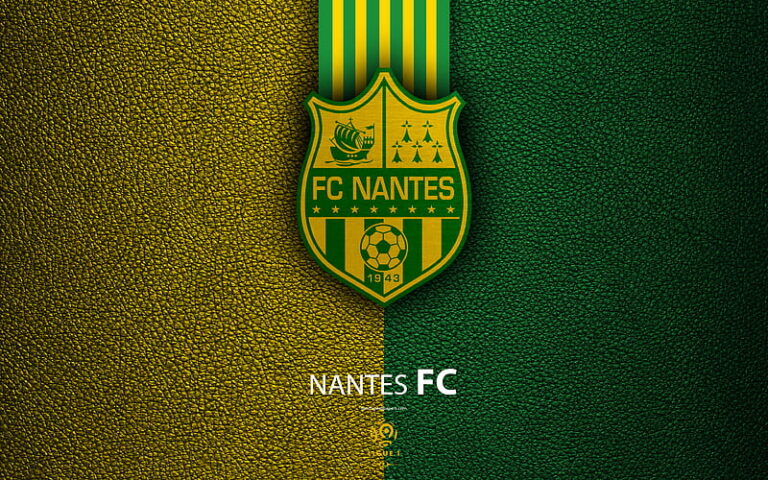
Denmark U21
Denmark U21 is a prominent youth football team representing Denmark in international competitions for players under 21 years of age. The team acts as a vital stepping stone toward the senior national team, showcasing some of the most promising talents in Danish football. Throughout its history, Denmark U21 has demonstrated resilience, tactical prowess, and a commitment to developing young athletes, making it a fascinating subject for football enthusiasts J88.
In this comprehensive discussion, we will explore the various facets of Denmark U21, including its history, key players, tactical approach, competition performance, and future prospects. This article aims to provide an in-depth understanding of the team’s influence on Danish football and its role in nurturing future stars.
The Historical Development of Denmark U21
Understanding Denmark U21 requires an appreciation of its historical evolution within the context of Danish football and European youth competitions. Established as part of Denmark’s broader national team program, the U21 squad has served as a critical platform for talent development and competitive experience.
The origins of Denmark U21 trace back to the early 1980s when UEFA formalized the European Under-21 Championship. Danish football authorities recognized the importance of investing in youth development, leading to the formation of a dedicated squad that would compete at the continental level. Over the decades, the team has evolved through various coaching philosophies, infrastructural investments, and talent scouting initiatives.
One pivotal moment in the team’s history was reaching the semifinals of the UEFA European Under-21 Championship, which showcased the country’s emerging talent pool on a prominent stage. These achievements were instrumental in raising the profile of youth football in Denmark, inspiring younger generations and attracting top talent to Danish clubs.
Furthermore, the integration of advanced sports science, nutrition, and modern training techniques has significantly contributed to the team’s growth. Notably, Denmark U21 has been a fertile ground for future Danish stars who later made a mark in major European leagues and the senior national team.
Growth Phases and Milestones
Throughout its existence, Denmark U21 has experienced several phases marked by strategic shifts, notable victories, and challenges. The late 1990s saw a surge in talented players, culminating in a successful campaign that laid the groundwork for future successes. The early 2000s brought increased investment in youth academies across Denmark’s top clubs, resulting in a more competitive U21 setup.
In recent years, the team has focused heavily on integrating young players from abroad, reflecting the globalization of football and Denmark’s open scouting networks. This approach has enhanced the team’s tactical flexibility and exposed players to diverse playing styles.
Key Coaches and Their Impact
A significant contributor to the team’s development has been the cadre of coaches who have emphasized technical skills, tactical awareness, and psychological resilience. Coaches like Jess Thorup and others have implemented modern training methodologies, emphasizing possession-based play and proactive defending, aligning with contemporary football trends.
Their leadership has not only improved individual player performances but also fostered a cohesive team identity, crucial for success at tournaments. Their tenure often coincides with periods of notable achievement, underscoring their influence on Danish youth football.
Challenges and Opportunities
Despite its successes, Denmark U21 faces ongoing challenges such as maintaining player development pathways amid fierce European competition, managing transition phases from youth to senior levels, and balancing club commitments with international duties. However, these obstacles also present opportunities for innovation, enhanced scouting, and stronger partnerships between clubs and national teams.



